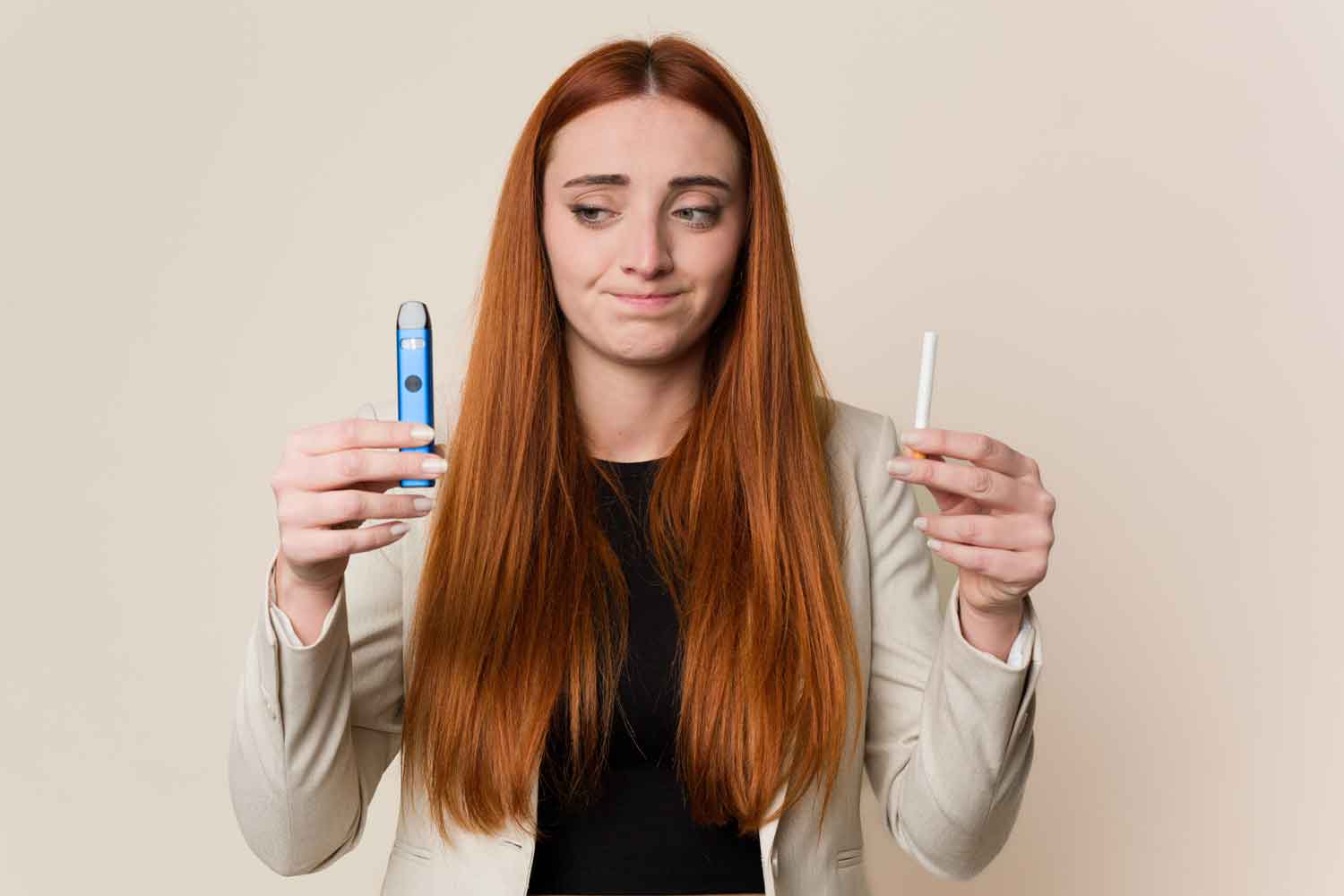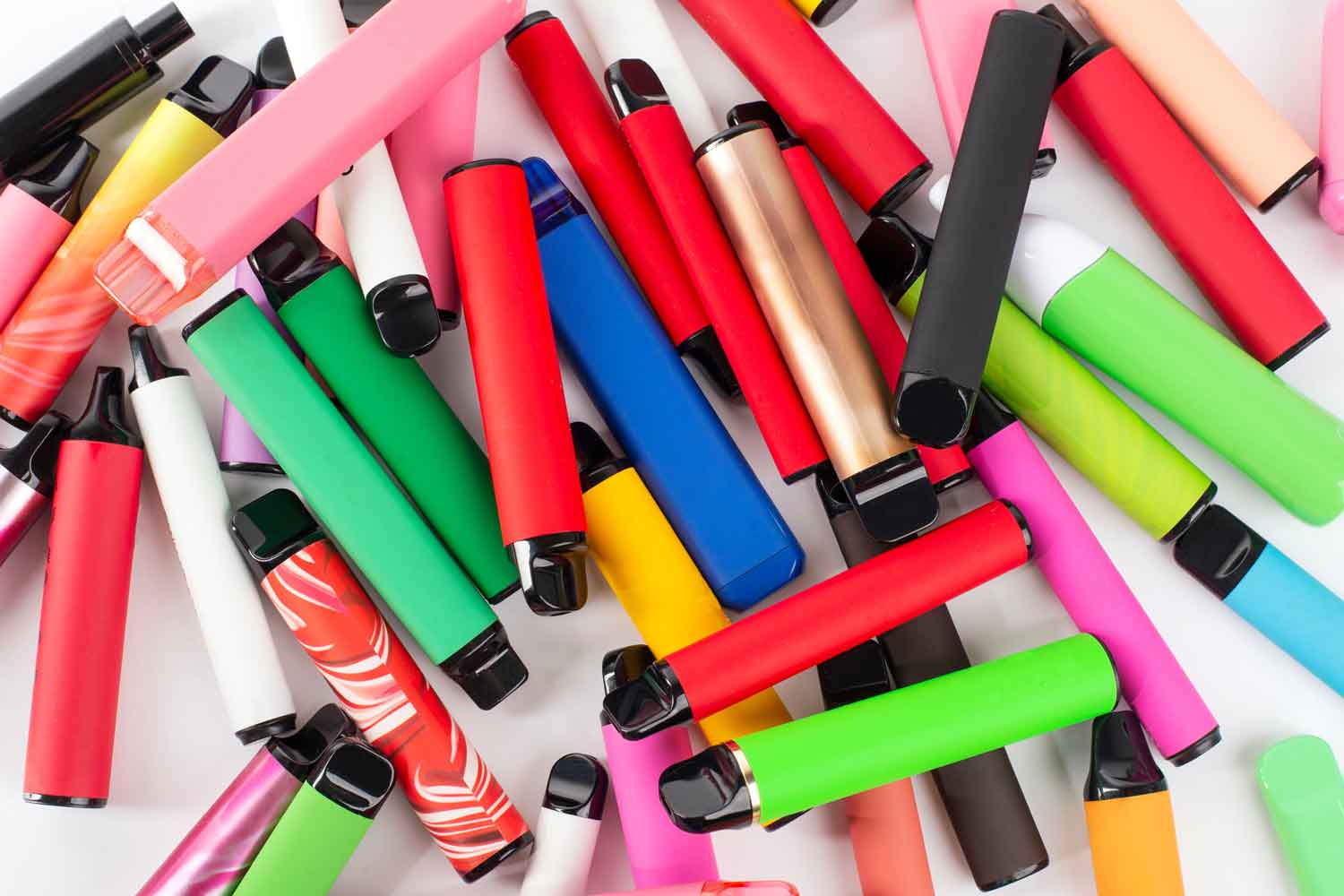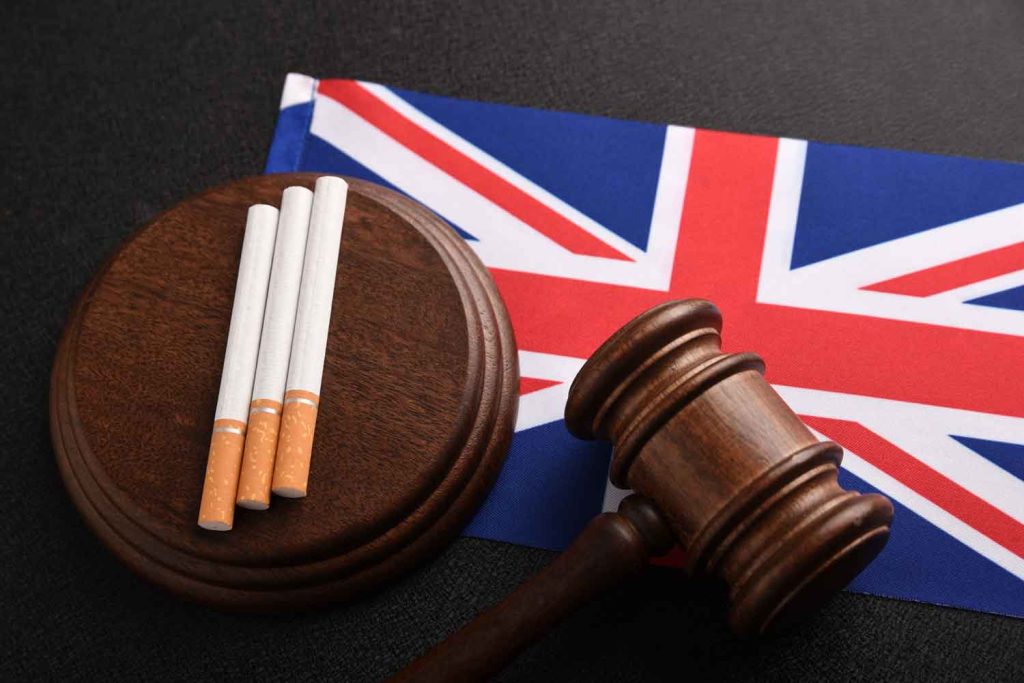By Timothy S. Donahue
That didn’t take very long. The global vaping company Plxsur reached its goal of reaching $1 billion in consolidated revenues from its partners in just two years. The company has now successfully partnered with 12 of the world’s leading vaping companies to form what may be the largest and fastest-growing group of independent vaping companies in the world. According to Nigel Hardy, CEO and founder of Plxsur, the company accomplished this with a focus on compliance, governance and reporting, with responsibility at its core.
“We believe having a portfolio of multiple brands is crucial for building a successful reduced-risk product (RRP) business at scale. Our retail sales across the group reflect the impact of Plxsur, which supports adult smokers who have switched to vaping,” explains Hardy. “We have sold products to about 4 million consumers, with retail sales by value of units sold at $1.835 billion. Additionally, our three North Star owned brands, Salt, Allo, and Flavour Beast, are expected to generate retail sales of more than $400 million in 2024.”
Plxsur also has 10 e-liquid manufacturing facilities in six different markets. With that comes the quality management systems to ensure the quality of the raw materials that are coming in and what’s going out. It’s not only about quality control (QC), but also about quality assurance. All e-liquids are manufactured in a minimum ISO 9001-certified facility. Plxsur’s QC program ensures that all products manufactured and distributed meet or exceed all regulatory and legislative requirements in the markets where the products are produced.
ISO 9001 is an international standard specifying quality management system requirements. Organizations use it to demonstrate their ability to consistently provide products and services that meet customer and regulatory requirements. Plxsur only produces its brands of e-liquids. The company does not do third-party manufacturing because the company’s focus is on its products.
Plxsur leadership says its partners have a combined market share representing an estimated 10 percent of the global $19.34 billion vaping market. Hardy said the company is targeting a 20 percent market share in the next five years. The companies include Hale Vaping (Ireland), UEG Holland (Netherlands), DampShop (Belgium), Pro Vape (Latvia), Puff Store (Italy), Nobacco (Greece), Ritchy Group (Czech Republic), Vape Empire (Malaysia), Pacific Smoke (Canada) and CK Complex (Poland).
“The past two years have seen a huge amount of financial and operational progress for Plxsur, and we have grown to become the world’s largest and fastest-growing group of independent vaping companies with consolidated revenues of over $1 billion,” said Hardy.
In 2021, Plxsur was founded by David Newns, Charlie Yates, and Nigel Hardy. The three entrepreneurs shared a vision for the vaping industry and discussed how they could work together to achieve their goals. They believed the key to success was respecting and supporting entrepreneurship while empowering local management teams. They planned to create a global network of independent vaping companies that were both the largest and the most responsible in the industry.
Plxsur, under Hardy’s leadership, believes in improving the businesses it brings on board by focusing on three key aspects of business strategy: governance, compliance, and reporting. Compliance involves adhering to various rules and regulations in the countries and communities where Plxsur businesses operate. This includes regulatory, communication, and marketing compliance, as well as legal compliance related to finance and jurisdiction.
“We’re at a very important and exciting stage in our journey. The companies in that group are not only the best at what they do in their respective markets, but importantly, they share our values.
“They put the consumers first, think big, and take responsibility seriously. All our companies want to make a real difference in the lives of adult smokers by contributing to a smokeless society. We now have a presence in Europe, Asia, and North America, covering the full vaping value chain from manufacturing, wholesale, distribution, and direct-to-consumer, both online and through our global network of over 800 specialist vaping stores.”
In 2023, group revenues increased 40 percent on the previous year to more than $1 billion, with an adjusted EBITDA of over $200 million. The outlook for the global vaping market is strong, and last year, Plxsur commissioned an independent research report that Hardy said is the “most comprehensive consumer study conducted on vaping to date”, using data from an online panel of over 30,000 consumers in six of Plxsur’s markets.
“The opportunity available for RRP across our 12 markets is significant, and I am pleased that our Global Vaping Market Snapshot vindicates the belief that not only will this sector continue to grow at pace, but that vaping is quickly becoming the most popular form of RRP in the market, with adult smokers who switch to vaping likely to remain loyal by navigating the regulatory framework,” he explained. “Our team has established a center of excellence leading a program of capability development to ensure management teams at a local level of the skills to deliver sustained value growth.”
Plxsur and its partners continue raising the bar as a responsible vaping group. All its companies have now committed to the six Plxsur standards (product compliance, manufacturing safety, responsible marketing, youth access, child protection and third-party product compliance) that address the biggest issues the vaping industry faces today. The company has also supported local teams across the group and guided companies in engaging with governments on policy development, particularly around preventing youth access.
“We’re focused on migrating consumers from disposable vapes to rechargeable pod and open systems. This is a key priority for Plxsur and our companies are already delivering huge results. In Q3 of 2023, I’m delighted that our Italian business, Puff, successfully migrated many of their consumers to pod and open devices through its launch as an exclusive distributor of new-to-market pods and e-liquids,” said Hardy. “To keep the momentum going, our portfolio companies have exciting plans to expand their range of pod systems in the first half of this year.”
Unlike traditional business acquisitions, Hardy explained that the company’s partners are not selected based on their financial worth. Plxsur is highly selective in its choice of partners, and financial size is not the only factor determining whether a company is suitable to join the Plxsur team. Hardy cited the example of Pro Vape, a company headquartered in Riga, Latvia, which started its business in late 2016 and met all the necessary criteria to become a Plxsur partner.
“The Baltic market is not particularly a huge market for vaping. What Pro Vape has is a significant presence in Europe,” said Hardy. “Only 40 percent of their business is domestic, and 60 percent is across the rest of Europe.”
Plxsur has specific criteria that businesses must meet before partnering with them. Firstly, the company must be a leader in its channel, whether it is business-to-business or business-to-consumer, or a leading player in its market. Currently, all of Plxsur’s partners meet this benchmark. Secondly, having a healthy balance of company-owned brands within the portfolio is essential, with Plxsur aiming for at least 50 percent of its revenues to be driven by such brands. Thirdly, the most crucial criterion is people.
“Our ability to retain our unique entrepreneurial spirit while growing at a rapid pace has been pivotal to our success over the past two years,” said Hardy. “We remain committed to achieving long-term value for all stakeholders, with responsibility at the core of everything we do. Supported by several tailwinds, including evolving market dynamics and customer preferences, we remain confident in Plxsur’s medium-term prospects and our ability to continue our trajectory to promote responsibility in the sector, achieve our target of over $15 billion in revenues by 2033.”
To achieve the lofty goal, Hardy said Plxsur is well placed to capitalize on the growing trend of vaping across the globe, unlock future value, and play a leading role in shaping the sector’s future on a platform of responsibility. He said Plxsur excels at creating a distinctive, innovative business leadership environment while growing at a pace pivotal to the company’s success over the past two years.
“We continue to see increasing regulation around vaping, particularly disposables, flavors, and marketing,” said Hardy. “At Plxsur, we see regulation as a force for good and encourage appropriate regulation and enforcement to tackle illicit and irresponsible trading behaviors. Last year, we submitted Plxsur’s response to the UK government’s open consultation on creating a smoke-free generation, and we continue to engage with regulators worldwide.
“This engagement with responsibility at the core of everything we do places Plxsur in a prime position to continue to grow, lead the industry, and shape the future of vaping.”


















